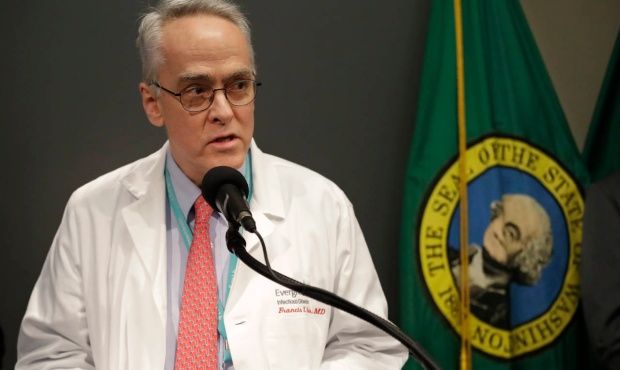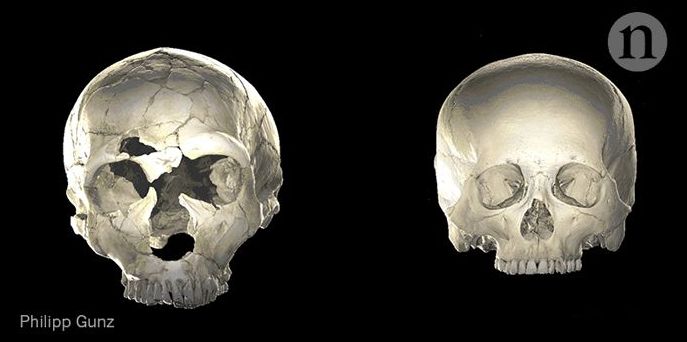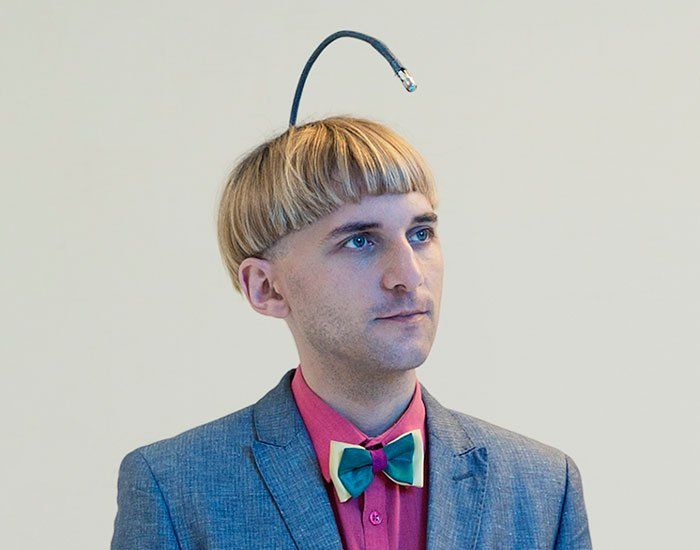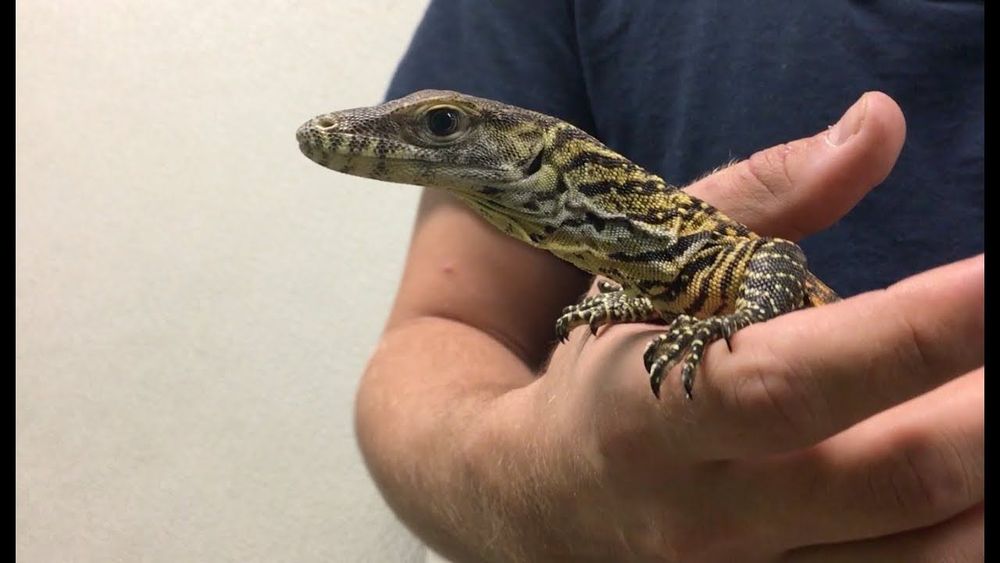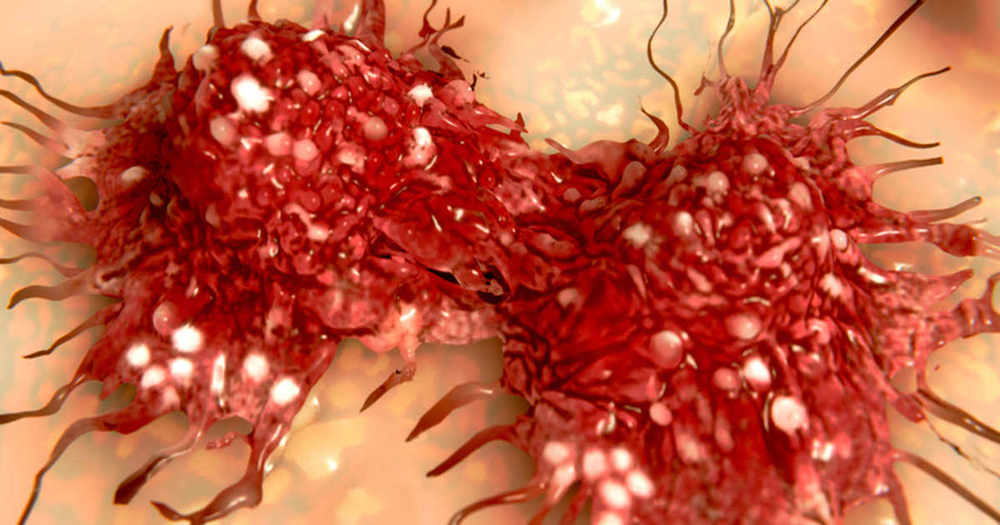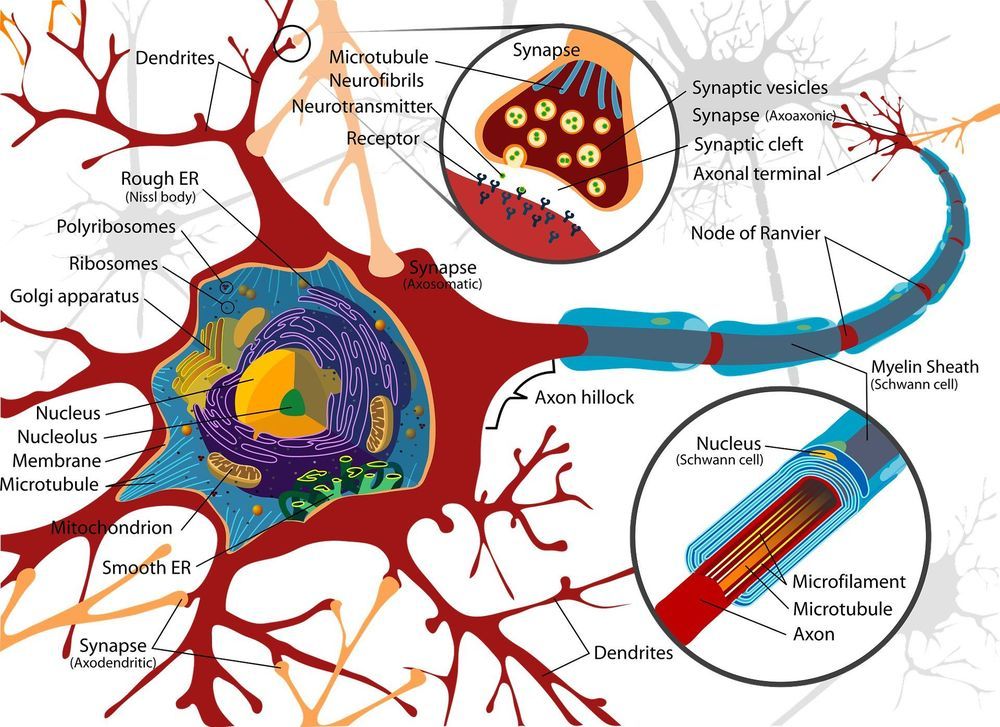However, labeling aging itself as a disease is both misleading and detrimental. Pathologizing a universal process makes it seem toxic. In our youth-obsessed society, ageism already runs rampant in Hollywood, the job market, and even presidential races. And calling aging a disease doesn’t address critical questions about why we age in the first place. Instead of calling aging a disease, scientists should aim to identify and treat the underlying processes that cause aging and age-related cellular deterioration.
Aging is associated with heart disease, Alzheimer’s, diabetes, and cancer, but what’s underlying all that?

